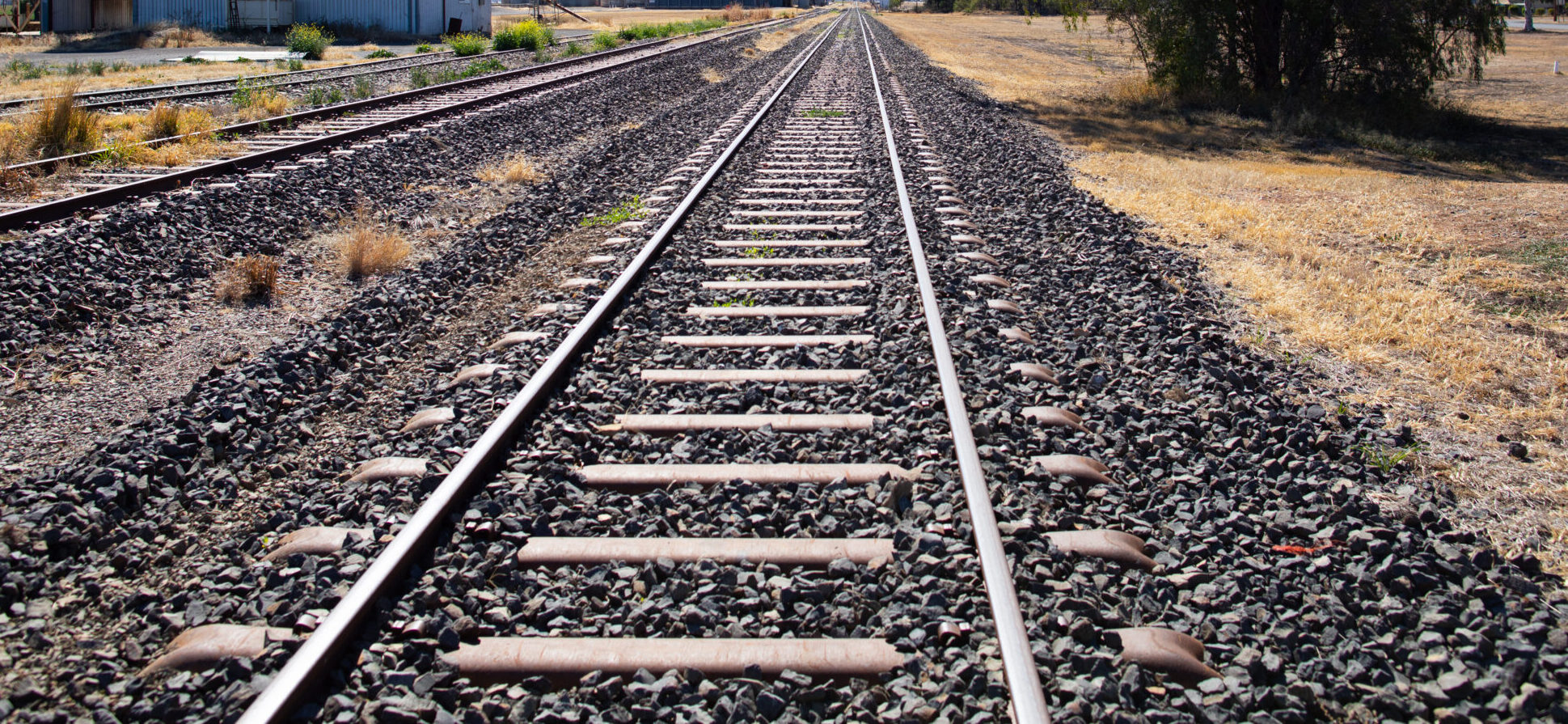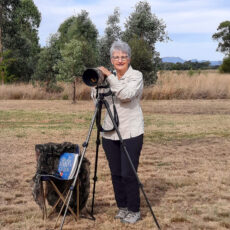The national Inland Rail project has blown out to an “astonishing” $31 billion and the board managing the project did “not have the adequate skills” to oversee the project.
They are just two of the key findings of an independent review of the Inland Rail by former Energy Security Board chair Kerry Schott AO.
Dr Schott’s findings were handed down last week and warned the project’s price tag could climb even higher.
While a damning assessment in parts, her report noted it is an “important project” and that it is apparent Inland Rail can provide benefits to regional communities including employment and work for local businesses.
In addition to issues surrounding governance of the project, Dr Schott noted the rail route itself had not been finalised and that “the project has commenced delivery without knowing where it will start or finish”.
“The detailed and clearly defined scope of much of the route has not yet been settled as approval processes are not complete,” Dr Schott said in her findings.
Federal Member for Parkes Mark Coulton, while not dismissing the report, called on the current government and Minister for Infrastructure, Transport, Regional Development and Local Government Catherine King to continue to commit to the “incredibly important” project.
“The ARTC estimate of the cost of the project has increased by an astonishing amount when compared to 2020,” Dr Schott’s report noted.
“Two years ago, the estimate was $16.4 billion and now it is about $31 billion. In my view this cost estimate should not be accepted by the shareholder as there is insufficient certainty about the scope, the related schedule, and delivery costs to have any confidence in the numbers.
“A full review of these matters is definitely needed by an experienced cost estimator and value engineer and several areas to be included in this work are noted.”
Among the recommendations is relevant ministers addressing the skills requirement of the ARTC board with the next appointments.
Operating without a substantive chief executive since mid-2021 was also described as a situation that was not viable.
“The position of chief executive of Inland Rail should be filled substantively as soon as possible,” the second recommendation of the report read.
“Delivering Inland Rail as a division of ARTC has created a number of significant governance, budgetary and management risks. The size and complexity of the Inland Rail project is also such that it requires deep experience in infrastructure project management and has distracted from the day-to-day business operations of ARTC which themselves do not appear to be tightly ring-fenced,” was the report’s third finding.
Dr Schott’s recommendation in relation to this matter was to establish Inland Rail as a subsidiary company of ARTC.
In the 68-page report, Dr Schott says the chosen route raises concerns in country towns that it bisects and once rail traffic increases are substantial, or likely to be so, consideration should be given to bypass these towns.
“Where the Inland Rail route bisects regional towns the disruption that additional train traffic causes should be addressed by appropriate modifications to limit noise and enable adequate cross town access if that has not already been done,” Dr Schott says in her findings.
“As Inland Rail train traffic increases significantly the possibility to bypass the town should be investigated and easements protected for a new by-pass corridor.”
In response to the Narromine to Narrabri section of the rail project, the report noted that the review received considerable comment on this section from the community.
“Concerns related to the route, the consultation process, land access, and impacts on agricultural land. The negative impact on agricultural land tied in with some parties preferring to see ongoing upgrades of the existing brownfield track as opposed to a new greenfield track being constructed on agricultural land,” the report read.
“Some residents wished to change the route to pass through Coonamble, and others wished to change the route so that it would completely avoid the Pilliga forest. The consultation undertaken by ARTC left residents feeling that the process was disingenuous.”
In response to concerns about the rail line’s close proximity to Narrabri, and the cost benefits of shifting the line further west, the Narrabri Inland Rail Concerned Residents Group was formed.
The group has advocated for an alternative route that it says will save hundreds of millions of dollars and minimise flood impacts.
In response to the report, Ms King said the government is taking prudent and responsible action to “rescue Inland Rail from the shameful state it was left in by the Coalition government”.
“The independent review of Inland Rail led by Dr Kerry Schott AO found major deficiencies in the governance and delivery of Inland Rail,” Ms King said.
“It confirmed that Inland Rail is an important project to meet Australia’s growing freight task, improve road safety and to help decarbonise our economy.
“However, it also confirmed that the project is running significantly over budget and significantly behind schedule with just over 16 per cent of the 1700km of track completed so far.
“In her report, Dr Schott outlines 19 recommendations to improve the delivery of Inland Rail including through enhanced governance arrangements, the identification of intermodal terminal locations, and ensuring appropriate environmental approval processes. The Government has accepted all of Dr Schott’s recommendations in full or in-principle.
“The government will take a staged approach to delivering Inland rail, prioritising its delivery from Beveridge in Victoria to Parkes in New South Wales – increasing resilience and improving supply chain productivity between Melbourne, Perth, Sydney, Newcastle, the Illawarra and Adelaide.
“An independent cost estimator and value engineer will be tasked to undertake detailed assurance work to determine the updated cost and schedule for the program.
“New governance arrangements will ensure the Australian Rail Track Corporation (ARTC) has the necessary skills and experience to deliver its functions. The government has
already commenced this process, having appointed Mr Peter Duncan AM as the new chair of the ARTC and Dr Collette Burke as a non-executive director in January 2023. A new substantive chief executive of Inland Rail will also be appointed as soon as possible.”
ARTC board chair Peter Duncan AM said the findings of the independent review and the government’s response were noted, and that ARTC is committed to working closely with the Australian government to implement those recommendations.
To order photos from this page click here



